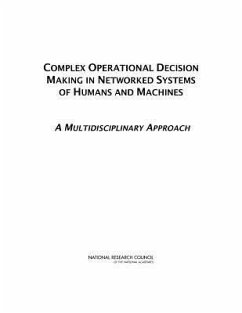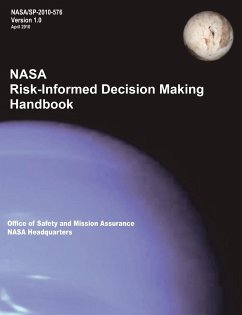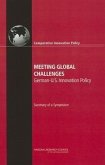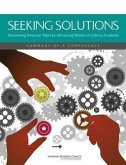Over the last two decades, computers have become omnipresent in daily life. Their increased power and accessibility have enabled the accumulation, organization, and analysis of massive amounts of data. These data, in turn, have been transformed into practical knowledge that can be applied to simple and complex decision making alike. In many of today's activities, decision making is no longer an exclusively human endeavor. In both virtual and real ways, technology has vastly extended people's range of movement, speed and access to massive amounts of data. Consequently, the scope of complex decisions that human beings are capable of making has greatly expanded. At the same time, some of these technologies have also complicated the decision making process. The potential for changes to complex decision making is particularly significant now, as advances in software, memory storage and access to large amounts of multimodal data have dramatically increased. Increasingly, our decision making process integrates input from human judgment, computing results and assistance, and networks. Human beings do not have the ability to analyze the vast quantities of computer-generated or -mediated data that are now available. How might humans and computers team up to turn data into reliable (and when necessary, speedy) decisions? Complex Operational Decision Making in Networked Systems of Humans and Machines explores the possibilities for better decision making through collaboration between humans and computers. This study is situated around the essence of decision making; the vast amounts of data that have become available as the basis for complex decision making; and the nature of collaboration that is possible between humans and machines in the process of making complex decisions. This report discusses the research goals and relevant milestones in several enabling subfields as they relate to enhanced human-machine collaboration for complex decision making; the relevant impediments and systems-integration challenges that are preventing technological breakthroughs in these subfields; and a sense of the research that is occurring in university, government and industrial labs outside of the United States, and the implications of this research for U.S. policy. The development of human-machine collaboration for complex decision making is still in its infancy relative to where cross-disciplinary research could take it over the next generation. Complex Operational Decision Making explores challenges to progress, impediments to achieving technological breakthroughs, opportunities, and key research goals.
Hinweis: Dieser Artikel kann nur an eine deutsche Lieferadresse ausgeliefert werden.
Hinweis: Dieser Artikel kann nur an eine deutsche Lieferadresse ausgeliefert werden.








